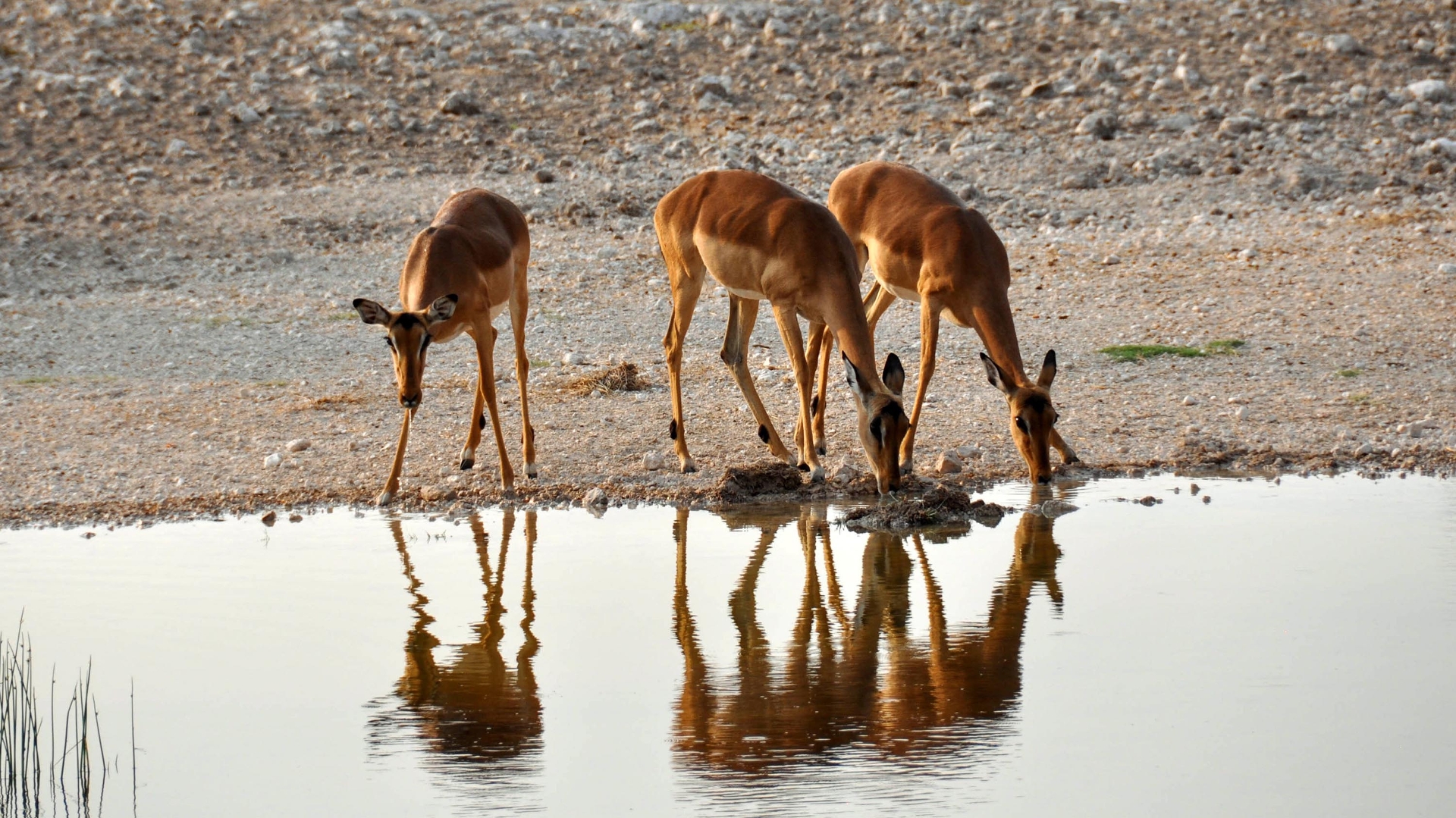Cookies
Van Hall Larenstein treats its customers' information with the utmost care and will never make this information available to third parties. Read more about us Privacy and Cookie Policy

Population trends for species are important because they’re a measure of the overall health of ecosystems, and therefore of our society. Globally, climate change is likely to be the leading cause of biodiversity loss over the next few decades. We urgently need a profound cultural and systemic transition to a society and economic system that respects nature and animals. The conservation of animal populations, and understanding the physical environments they need, their health, their food (and its biodiversity) and the behaviour of animal populations and of individual animals can all contribute to this cultural and systematic transition for human, animal and plant habitats. It requires an integrated and systemic approach, one which takes into consideration animal health, animal behaviour, natural and adapted behaviour, and animal welfare. The outcomes of our research will be used to improve the quality of life of animals as we progress through the transitions described above. Achieving this will require data and data science methodologies, with a particular emphasis on ensuring that practitioners are included and that outcomes are tailored to their work.
The applied research group aims to use smart and data-driven monitoring systems and management practices to improve animal health and welfare as part of the transition process for animal habitats and biodiversity. The group has selected three research programmes focusing on wild animals, non-farm animals and farm animals.
The applied research group is currently developing its mission, vision and research lines in collaboration with relevant study programmes and professional practice.
Publications by the applied research group will appear here soon.
This position is currently vacant.
If you have any questions about the applied research group, please email [email protected].